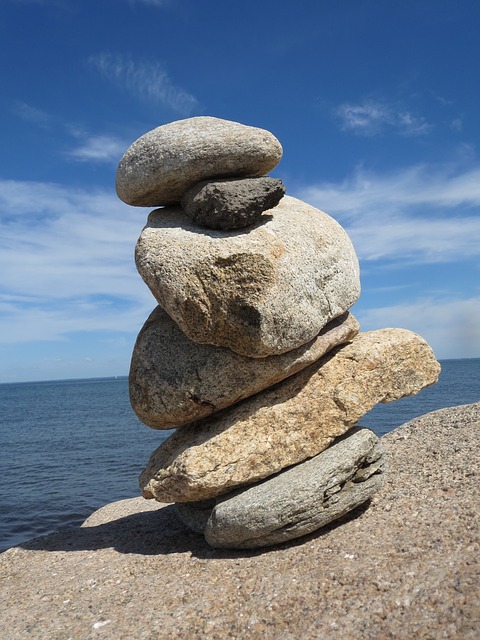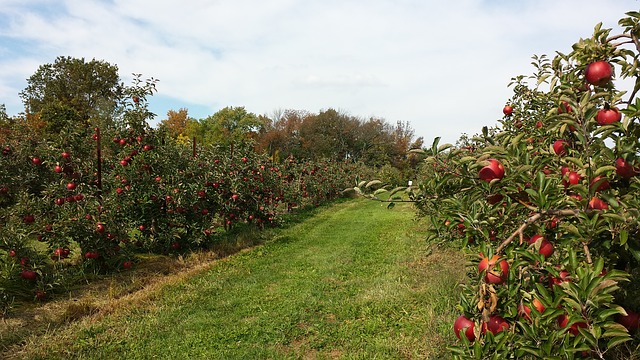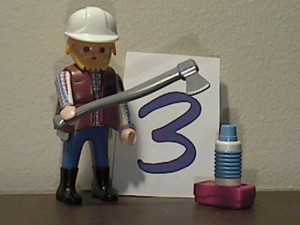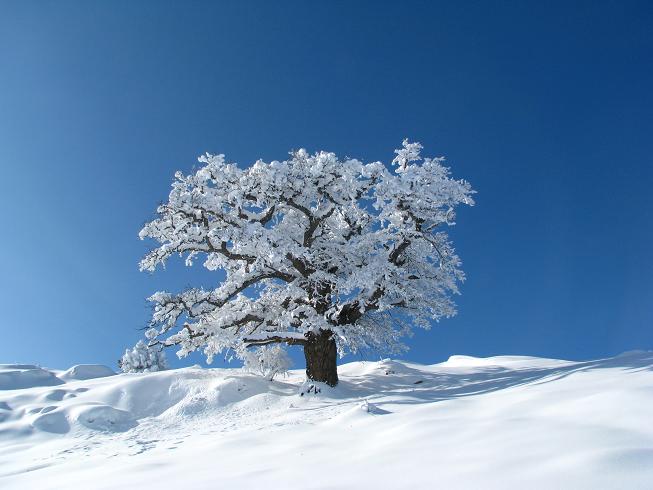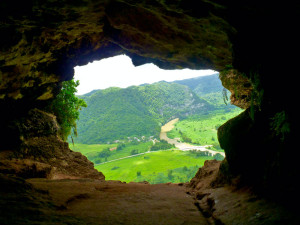Fire cools.
Water seeks its own level.
No matter how extreme a situation is, it will change. It cannot continue forever. Thus, a great forest fire is always destined to burn itself out; a turbulent sea will become calmer. Natural events balance themselves out by seeking their opposites, and this process of balance is at the heart of all healing.
This process takes time. If an event is not great, the balancing required is slight. If it is momentous, then it may take days, years, even lifetimes for things to return to an even keel. Actually, without these slight imbalances, there could be no movement in life. It is being off balance that keeps life changing. Total centering, total balance would only be stasis. All life is continual destruction and healing, over and over again.
That is why, even in the midst of an extreme situation, the wise are patient. Whether the situation is illness, calamity, or their own anger, they know that healing will follow upheaval.

